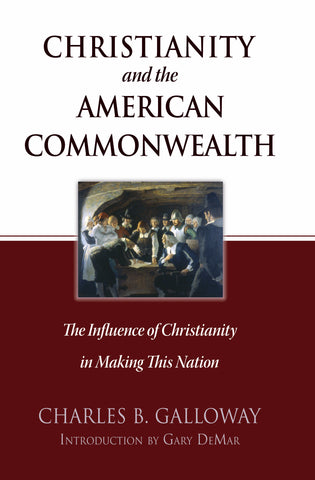Political liberals, like Kamala Harris for instance, are more than willing to use every means necessary to get their message out, even breaking tax laws they supported.
When, in 1800, President John Adams received a letter from Germany, proposing to send over to this country “a company of schoolmasters, painters, poets, etc., all of them disciples of Thomas Paine,” he made prompt and emphatic reply as follows: “I had rather countenance the introduction of Ariel and Caliban with a troupe of spirits the most mischievous from the fairy-land.”
And in a proclamation shortly thereafter, setting forth the dangers threatening the young republic, he thus reannounced the national faith: “The most precious interests of the United States are still held in jeopardy by the hostile designs and insidious arts of a foreign nation (France), as well as by the dissemination among them of those principles subversive of the foundation of all religious, moral, and social obligations, that have produced incalculable mischiefs and misery in other countries.”
The one man whose coming to America was more to be deplored than any other was Thomas Paine. His political writings gave him fame and influence, but his coarse and vulgar skepticism made him in the end the shunned and despised of all American decency…
I come now to study the federal charter—the “supreme law of the land”—adopted by the historic convention of 1787 in the city of Philadelphia, and its relation to the Christian religion. Was any action taken by that grave body of great statesmen that was intended directly or indirectly to repudiate the pronounced Christian faith of the colonial fathers? Their courage had been tested in the storm of war, and now their ambitions could only be inspired by the loftiest patriotism—the completion of a work so gloriously begun. James Madison, who preserved the debates of that memorable convention, and who was conspicuous in its deliberations, said that “there never was an assembly of men, charged with a great and arduous trust who were purer in their motives, or more exclusively or anxiously devoted to the object committed to them, than were the members of the federal convention of 1787 to the object of devising and proposing a constitutional system which should best supply the defects of that which it was to replace, and best secure the permanent liberty and happiness of their country.”

Christianity and the American Commonwealth
Originally published in 1898, Christianity and the American Commonwealth is a collection of five brilliant lectures given by Dr. Charles B. Galloway at the Chapel of Emory College in Oxford, Georgia. The arguments made in his book, although written more than 100 years ago, are persuasively modern and need to be heeded by today’s church. More than a hundred historical images from all over the world have been added to bring Galloway’s text to life.
Buy NowPolitical liberals, like Kamala Harris for instance, are more than willing to use every means necessary to get their message out, even breaking tax laws they supported. Conservatives and Christians seldom have this boldness. In fact, many Christians don’t even see the reason to be involved. The Apostle Paul would not agree.

